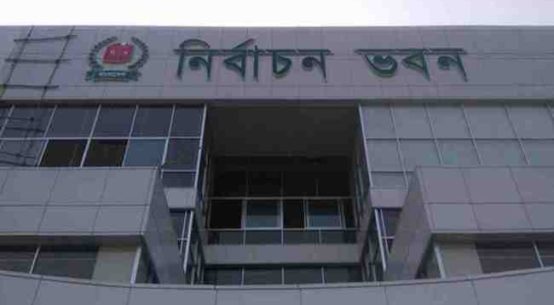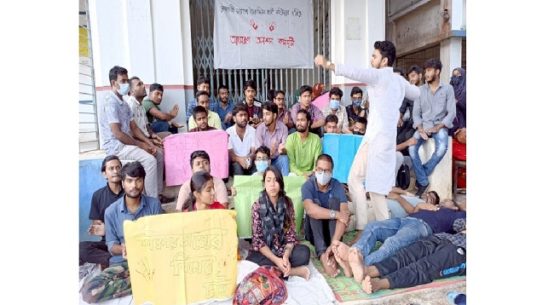The safety and security of aid workers in Bangladesh, particularly those engaged in humanitarian responses to the Rohingyacrisis, must be ensured, experts have said.
While making a keynote presentation at a virtual dialogue on Saturday, MdIqbalUddin of the Coast Foundation, outlined a set of recommendations, which include advocating for the welfare, dignity, and survival of all, condemning acts against aid workers, and ensuring equitable compensation, essential facilities, life insurance, and comprehensive local staff support.
He also called for dedicating 25% of direct funding to local organisations.
The dialogue, titled “No Matter What – Together we stand beside affected communities – Empower local actors,” was organised by COAST Foundation, Cox’s Bazar CSO-NGO Forum (CCNF), and BDCSO Coordination Process on the occasion of World Humanitarian Day.
The dialogue was moderated by M Mustafa Kamal Akanda, the director of COAST Foundation.
Abu MorshedChowdhury, co-chair of Cox’s Bazar CSO-NGO Forum (CCNF), acknowledged the pivotal role of frontline aid workers in humanitarian responses. He advocated for a risk-sharing concept that involves all partners, including donors, to ensure project design incorporates risk management.
NilimaJahan, a representative from Agrajatra, underscored the need for creating a positive environment for female humanitarian workers at camp levels and providing them with necessary logistical support.
KhandakarFaruk Ahmed associated with the TrinomulUnnayanSangtha (TUS) Foundation suggested allowing non-registered organisations to work as associated entities in emergency projects, while Amir Hossain of NGO Platform advocated for direct funding from donors to local organisations to minimize costs and promote local leadership.
Sheikh Asad, a representative from Udayan Bangladesh, highlighted the need for effective implementation of the Grand Bargain agreement, while MujiburRahman, advisor of Shushilan, called for equal treatment of local, national, and INGOs and also urged the implementation of the Grand Bargain.
Ariful Islam, chief executive of YPSA, stressed the need for direct funding to Bangladeshi NGOs to ensure cost-effectiveness, stating that intermediary organisations often absorb a significant amount of funds as their overhead or operational costs, leaving local organisations at the forefront without the necessary support.


